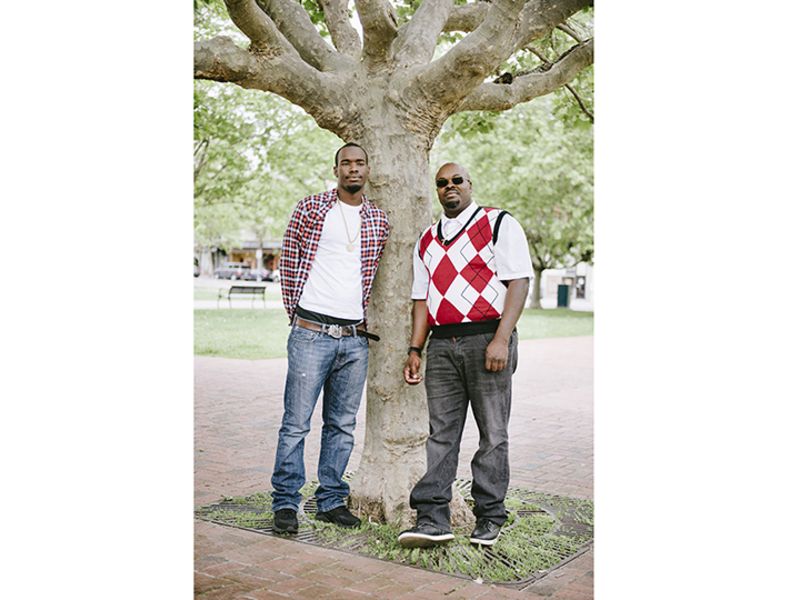
SAN FRANCISCO — Tesla Inc. lost a case against a Black former elevator operator and must pay an unprecedented $137 million in damages for having turned a blind eye to racial taunts and offensive graffiti the man endured at the EV maker’s plant in Fremont, Calif.
Owen Diaz, a former contract worker who was hired in 2015 via a staffing agency, was subjected to a racially hostile work environment, a federal jury in San Francisco decided Monday. The award is among the most significant verdicts of its kind.
“I believe that’s the largest verdict in an individual race discrimination in employment case,” said David Oppenheimer, a clinical professor of law at Berkeley Law. “Class actions are of course in a different category.”
Tesla’s vice president of people, Valerie Capers Workman, sent an internal email late Monday that the company subsequently published in a blog post on its website titled “Regarding Today’s Jury Verdict.”
Workman wrote she was “at the defense table for Tesla every day during the trial because I wanted to hear firsthand what Mr. Diaz said happened to him.” The post said that “the Tesla of 2015 and 2016 (when Mr. Diaz worked in the Fremont factory) is not the same as the Tesla of today.”
Diaz’s case marks a rare instance in which Tesla, which typically uses mandatory arbitration to resolve employee disputes, had to defend itself in a public trial. The company almost never loses workplace arbitrations, though it was hit with a $1 million award in May in a case brought by another ex-contract worker that was similar to Diaz’s.
The trial could embolden shareholder activists who have pushed Tesla’s board, so far without success, to adopt more transparency about its diversity goals and use of arbitration to resolve complaints regarding sexual harassment and racial discrimination. Tesla’s annual meeting is scheduled for Thursday.
In court, Tesla argued that it never intended to disregard the rights and safety of African-American workers placed by the staffing agency at the plant and that all incidents reported by Diaz were investigated and resolved.
In her closing arguments to the jury, Tesla attorney Tracey Kennedy said “Mr. Diaz’s story simply doesn’t make sense” in light of his encouragement to his son and daughter to take up jobs at the company. She also said Diaz’s claims weren’t supported by the evidence.
J. Bernard Alexander III, a lawyer for Diaz, told jurors that “as opposed to a zero-tolerance policy, Tesla had a zero-responsibility policy.”
Sleepless nights
The “n-word” was “pervasive and virtually everywhere,” Alexander said. He finished his closing remarks by citing some phrases from “The Hill We Climb,” a poem by Amanda Gorman, the 23-year-old poet who moved the nation at the inauguration of President Joe Biden in January. “Being American” is about stepping into the past and “how we repair it,” Alexander said.
Diaz himself testified that be suffered “sleepless nights” and weight loss as he lost his appetite.
“Some days I would just sit on my stairs and cry,” he told the jury.
The jury’s award included $6.9 million for emotional distress and $130 million in punitive damages, according to Diaz’s other attorney, Larry Organ. Tesla is the world’s most valuable automaker with a market value of around $783 billion.
Organ said he hopes the ruling encourages Tesla do so “some reevaluation” so none of its other Black workers have to endure similar treatment.
“The jury verdict sends a message to one of the wealthiest companies in the world that it must treat all its employees with dignity and respect,” he said.
Organ was also on the legal team representing Melvin Berry, a Black former worker who won the $1 million arbitration award over claims that the company failed to stop his supervisors at its Fremont plant from calling him the “n-word.”
Tesla faces yet another case making similar accusations that is proceeding as a class action in California state court in Oakland.

